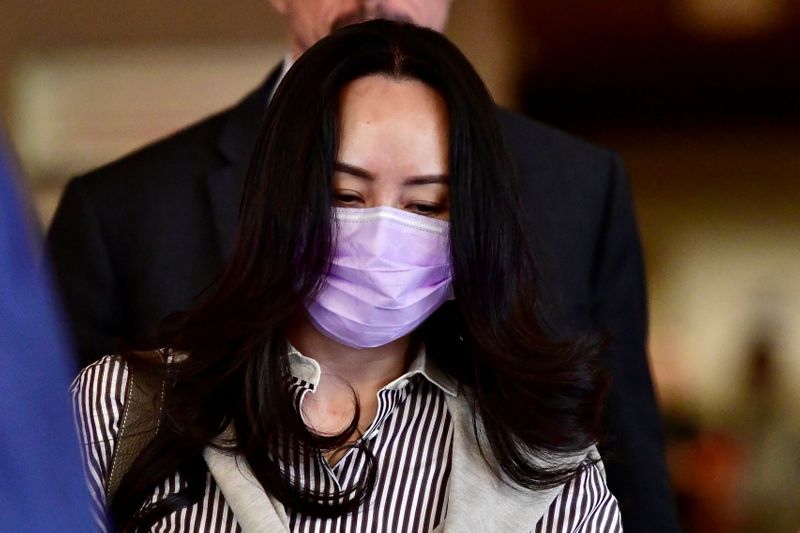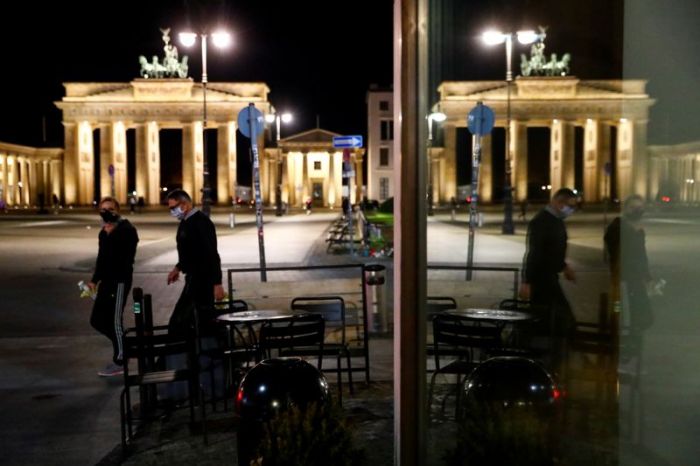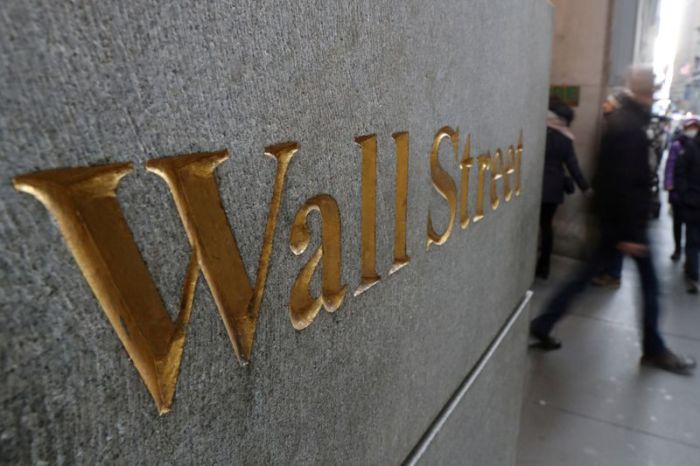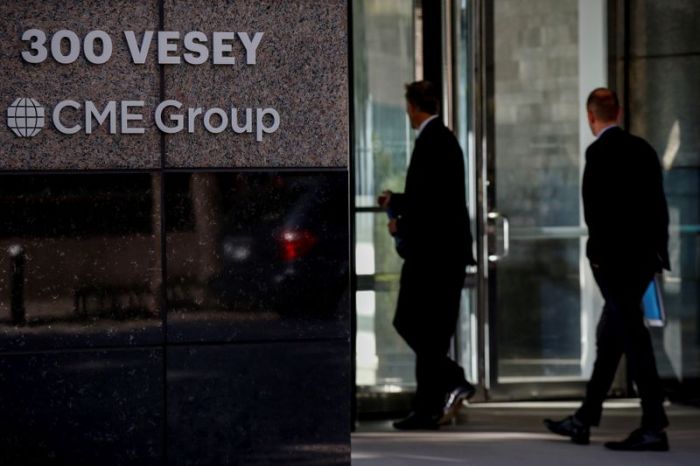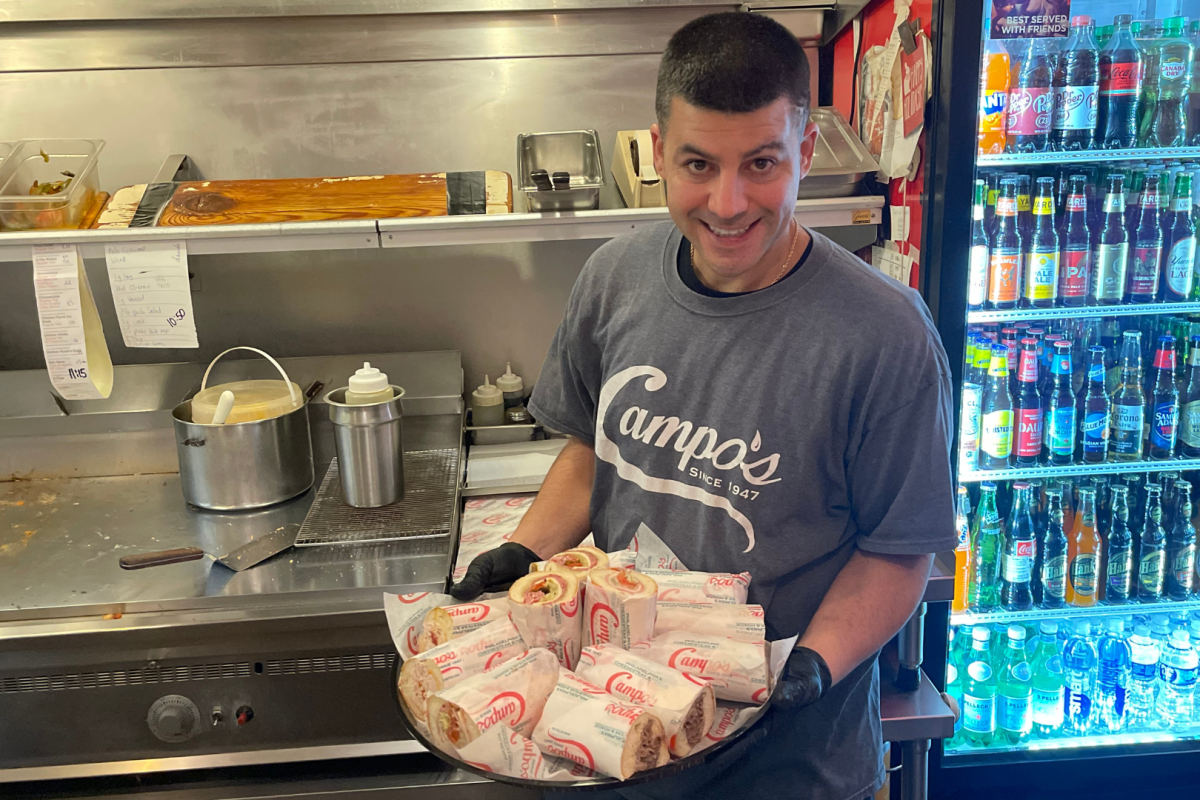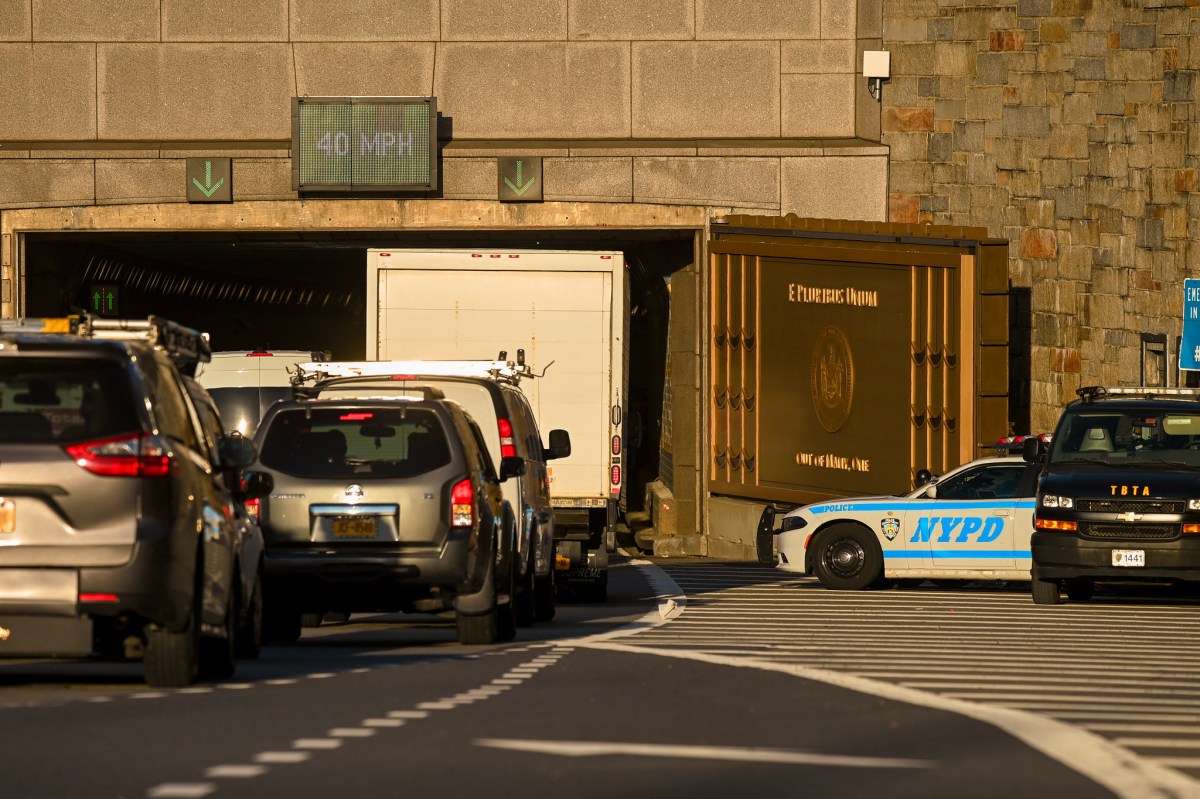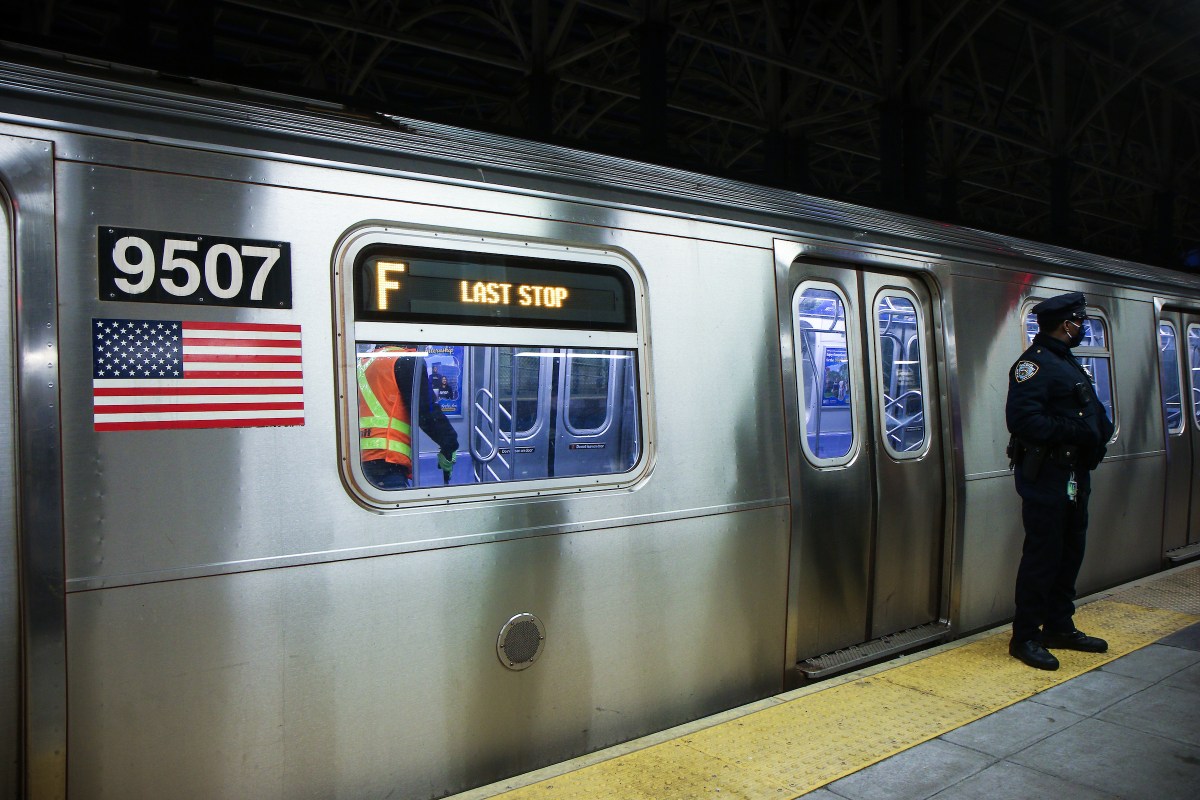VANCOUVER/TORONTO (Reuters) – A Canadian border officer told a court on Wednesday he had concerns about intercepting and interviewing Huawei Chief Financial Officer Meng Wanzhou before police arrested her on a warrant from the United States almost two years ago.
Scott Kirkland was one of the Canada Border Services Agency (CBSA) officers to intercept Meng when she disembarked at Vancouver International Airport in December 2018. Kirkland told the court he was worried that “our examination would be argued as a delay in due process,” testifying in the latest round of hearings in Meng’s U.S. extradition case.
He and other officers “knew this was going to be a big deal” once he realized that Meng was a high-profile person with a U.S. arrest warrant out for her. Kirkland said he suggested CBSA skip its interview and instead simply identify Meng and hand her over to the RCMP.
“There was concerns of possible Charter issues being raised if we’re going to court and at the time I assumed we’d go to court,” Kirkland said, referring to Canada’s Charter of Rights and Freedoms which outline civil rights guaranteed to anyone in the country, citizen or otherwise.
Lawyers for Meng have alleged that abuses of process occurred during the three hours between Meng being intercepted by CBSA and arrested by the Royal Canadian Mounted Police (RCMP) that led to her civil rights being violated.
Meng, 48, was arrested while on a layover bound for Mexico. The United States charged her with bank fraud for allegedly misleading HSBC about Huawei Technologies Co Ltd.’s business dealings in Iran, causing the bank to break U.S. sanctions.
She has said she is innocent and is fighting the charges from Vancouver, where she is under house arrest in her home in Shaughnessy, one of the city’s wealthiest neighbourhoods.
Meng’s lawyers are arguing that abuses of process throughout the case mean her extradition should be thrown out.
Earlier on Wednesday, defence attorney Richard Peck wrapped up two days of cross-examination of RCMP Constable Winston Yep, questioning him on the intentions behind Meng’s initial detainment by CBSA officials and then her arrest by the RCMP.
The decision to “delay in the arrest of Ms Meng” was “based on delaying her Charter rights,” Peck said.
“No, that was not intentional,” Yep replied, adding he did not believe the three hour delay between Meng’s detention by CBSA officers and her arrest by RCMP officers was “unreasonable.”
From the moment Meng was detained by CBSA, “she was effectively in the joint custody of you and the CBSA,” Peck said to Yep.
“No, she was in the custody of the CBSA,” Yep said. “I don’t agree with that.”
Meng’s arrest triggered an ongoing chill in diplomatic relations between Ottawa and Beijing. Soon after her detention, China arrested Canadian citizens Michael Spavor and Michael Kovrig on espionage charges.
The witness testimony, expected to last five days in total, is focusing on the second of three branches of abuses of process that Meng’s lawyers claim took place, specifically during her arrest.
Meng’s case is scheduled to wrap up in April 2021, although the potential for appeals mean the case could drag on for years.
(Reporting by Moira Warburton in Toronto; Editing by Denny Thomas, Tom Brown and Lincoln Feast.)

